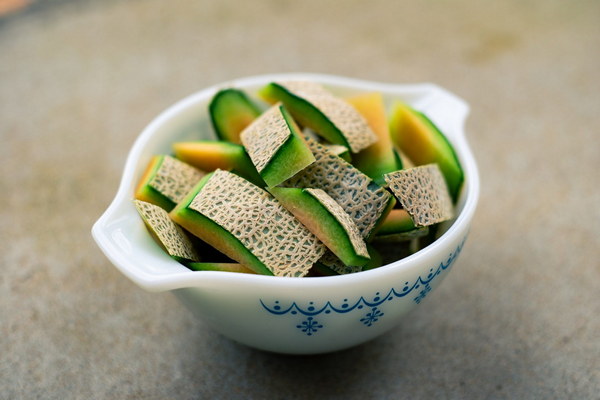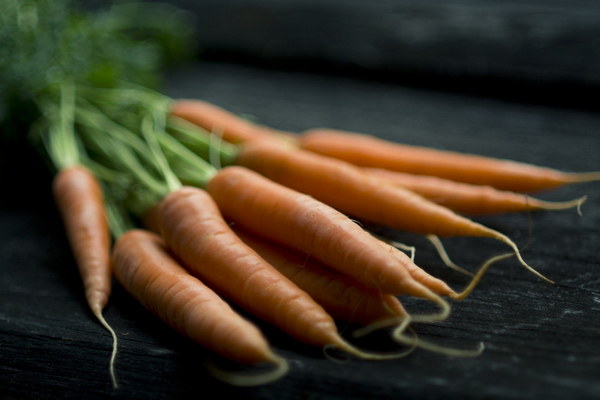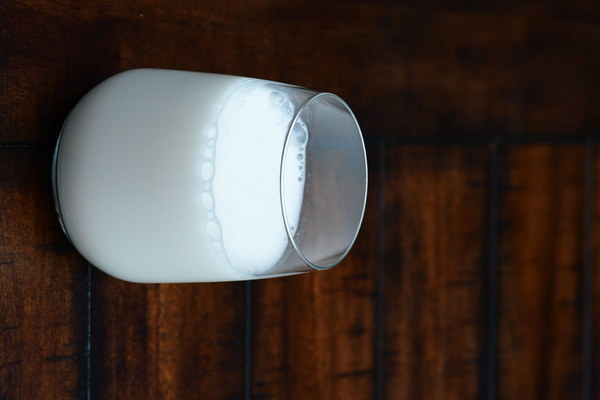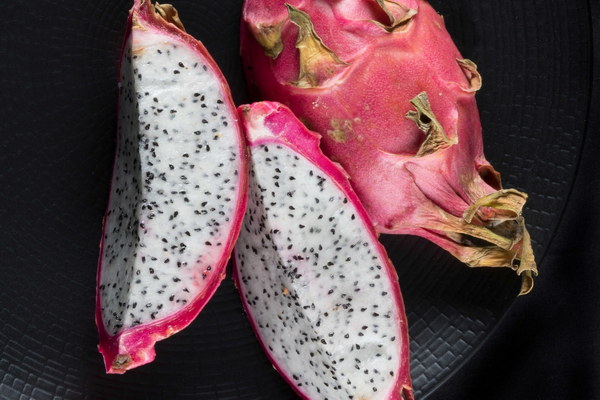Easing Stomach Cold and Dampness A Guide to Effective Herbs and Remedies
In traditional Chinese medicine, stomach cold and dampness are common imbalances that can lead to various digestive issues. This article delves into the concept of stomach cold and dampness, the symptoms associated with it, and the effective herbs and remedies that can help alleviate these discomforts.
Understanding Stomach Cold and Dampness
Stomach cold refers to a condition where the body's internal environment is cold and lacks the necessary warmth to maintain a healthy digestive system. This can be caused by factors such as poor diet, excessive cold exposure, or a weakened immune system. Dampness, on the other hand, is a condition where excess moisture accumulates in the body, often leading to bloating, fatigue, and other uncomfortable symptoms.
When cold and dampness combine, they can create an environment that hinders digestion and leads to a variety of problems, including:
- Stomach pain or cramps
- Bloating and gas
- Diarrhea or loose stools
- Nausea and vomiting
- Weight gain
- Fatigue and weakness
Herbs and Remedies for Stomach Cold and Dampness
To combat stomach cold and dampness, traditional Chinese medicine offers a range of herbs and remedies that can help restore balance and alleviate symptoms. Here are some of the most effective options:
1. Cinnamon (Rou Gui)
Cinnamon is a warm and sweet herb that is excellent for dispelling cold and dampness. It helps to warm the stomach, improve digestion, and relieve abdominal pain. It can be used in teas or as a spice in cooking.
2. Ginger (Sheng Jiang)
Ginger is another warming herb that is known for its ability to dispel cold and dampness. It can help to alleviate nausea, improve digestion, and reduce bloating. Fresh ginger can be added to teas or used in cooking.
3. Peppermint (Bo He)
Peppermint is a cooling herb that can help to dispel heat and relieve symptoms of stomach cold and dampness. It can be used in teas or as a tincture to improve digestion and reduce bloating.
4. Poria (Fu Ling)
Poria is a mushroom-like herb that is used to drain dampness and improve fluid metabolism. It can be taken in tea or as a supplement to help alleviate bloating, diarrhea, and fatigue.
5. Astragalus (Huang Qi)
Astragalus is a warming herb that is known for its immune-boosting properties. It can help to strengthen the body's resistance to cold and dampness and improve overall health.
How to Use These Herbs
The following recipes provide a simple way to incorporate these herbs into your daily routine:
1. Cinnamon Tea
- 1 teaspoon of cinnamon powder
- 1 cup of hot water
- Honey or lemon (optional)
Steep cinnamon powder in hot water for 5-10 minutes. Add honey or lemon to taste and drink slowly.
2. Ginger Tea
- 1 teaspoon of grated ginger
- 1 cup of hot water
- Honey or lemon (optional)
Steep grated ginger in hot water for 10-15 minutes. Add honey or lemon to taste and drink slowly.

3. Poria and Astragalus Tea
- 1 teaspoon of dried poria slices
- 1 teaspoon of astragalus root
- 3 cups of water
- Honey or lemon (optional)
Boil the water and add the herbs. Reduce heat and simmer for 15-20 minutes. Strain the tea and add honey or lemon to taste.
Conclusion
Stomach cold and dampness can be challenging to deal with, but with the right approach, it is possible to restore balance and alleviate symptoms. By incorporating these traditional herbs and remedies into your daily routine, you can help improve your digestion, reduce bloating, and enjoy a healthier, more balanced life. Always consult with a healthcare professional before starting any new treatment, especially if you have pre-existing health conditions or are taking other medications.









